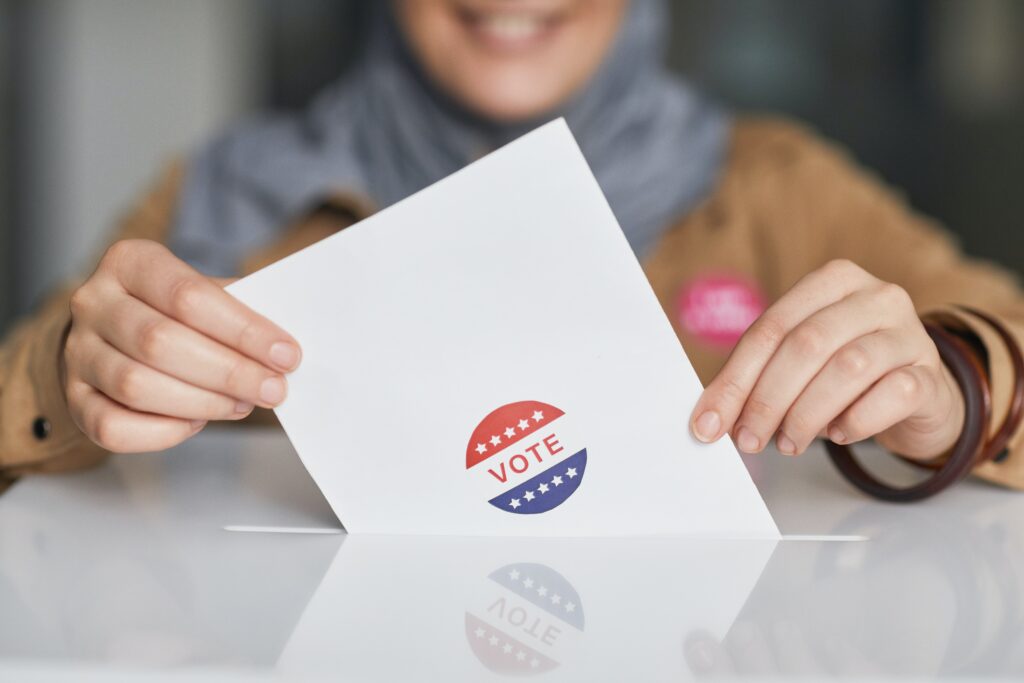Religion has always had a powerful role in social justice. The core belief for many organized religions is that human rights should exist for all people. No matter where you come from, your race, religion, ethnicity, or other status. However, does religion always practice what it preaches, especially for the deaf community?
Keep reading to learn more about the intersection of religion and human rights for deaf people.
Religion and Deaf People
Asking the question. “How does religion view deaf people?” That’s very broad, and it depends on several factors. It seems that there is a divide between several religions. For example, in Christianity, the Bible compares the deaf to the chosen people of Israel in a negative way. On the other hand, the Psalm of Moses seeing God in a burning bush portrays that deaf people should love themselves the way they are. As they are special to God.
In other polytheistic religions like Hinduism and Buddhism, being deaf is often hidden from society and seen as a curse amongst some groups. However, this mindset doesn’t exist for everyone because there are some initiatives to bring awareness within the religious community.
Religion Since the Beginning
Throughout history, God(s) was the rule of law. The holy book is about how society functioned and how punishment was decided. Unfortunately, those in power had different religious interpretations and a not-so-positive view of deaf people hundreds of years ago. They, therefore, didn’t receive the same justice as the rest of society. For example, the treatment that deaf people went through, especially during the Middle Ages, was horrific. They were either tortured for their condition or ignored by society and forced to live as a beggar.
Awareness in the Colonial Period
Fast forward to the Colonial Period, life became easier for the average citizen. Deaf people remained on the fringes of society. However, it was a turning point in terms of developing sign language. There was a progression in Europe, especially France and the United States, to establish schools that taught sign language to deaf children. Teaching these children signs made the world more accessible.
Areas of Human Rights

Human rights guarantee equal access for every citizen. Here are some areas where the deaf community may not receive equal treatment as others.
The Justice System for Deaf People
The justice system should serve the people with integrity and respect. Yet, deaf people seem to suffer at the hands of. It’s not necessarily about a denied court case or wrongful verdicts. The problem is accessibility to an interpreter or other accommodations throughout the legal process. According to Gallaudet University, not being provided with these things is normal for deaf people in court.
Linguistic Human Rights
Countries like India, Iran, and Russia have an official sign language but no written system, nor are there enough interpreters to satisfy the deaf population. Taking away the right to a language denies access to everything like employment, public venues, education, and voting rights.
Cultural Identity and Human Rights
The deaf community is a minority culture. With being a minority comes some neglect from the majority of society. It stems from the unawareness of the varying degrees of being deaf and using sign language. Fortunately, organizations such as the UN require governments to recognize people regardless of characteristics, which includes deaf people as equal citizens. That is a form of human rights, acknowledging and allowing culture to be present and celebrated.
Accessibility for the Deaf
Having an accessible world is a basic right for the deaf community. This is the most problematic area for deaf people, such as having access to translators/interpreters for healthcare, welfare programs, employment, and more. There are laws to promote accessibility that give the deaf more equal rights, especially in developed countries. However, developing countries are still lagging.
The World Federation for The Deaf estimates that accessibility in areas like public transport, public venues, and healthcare should expand by 2030 with the cooperation of the federal government.
Faith and Social Justice
How faith and the justice system intertwine varies from country to country. In many Western nations, church and state are separated and rarely coincide. In other countries, it is a different story. In the Middle East and Arab countries, the Quaran is still a foundation of how justice is served to all people.
The bottom line for many religions, from Christianity to Taoism, have similar beliefs about human rights. The belief is that all beings have the right to exist. Therefore, human rights are grounded in human nature. And no one can interfere with God(s) creation.
Human Rights Violations
So, faith wants to see that it is good in the world. Religions like Christianity, Hinduism, and Buddhism emphasize non-violence and encourage believers to speak up when they see an injustice. That’s why so many of these organizations and laws, for example, the ADA (Americans Disability Act) and many others worldwide, are advocating for the rights of these communities that have a more challenging time fighting on their own.
It’s not to say that everything is religiously motivated. As we have explored, awareness and logic are a big part of what goes into fighting for social justice and the human rights of the deaf community. However, religion can play a role in daily life and sentiments held by people who want to make the world a better place for all.
For more on how businesses and organizations are creating more equal access for the deaf community, visit, https://www.unspokenasl.com/
Thumbnail Photo Credit to: Photo by Ivan Dražić: https://www.pexels.com/photo/cathedral-in-cologne-germany-14292777/

